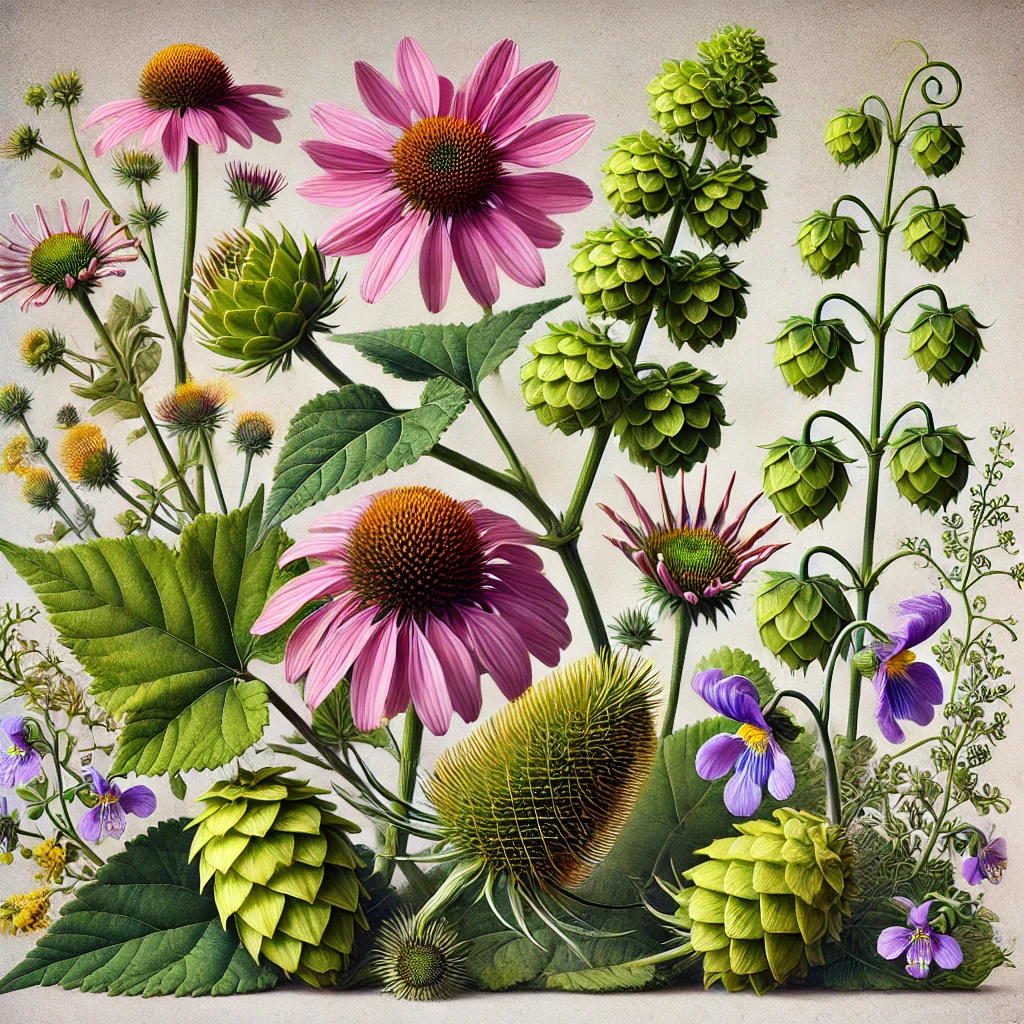What are Phytocannabinoids?
Phytocannabinoids are a class of chemical compounds naturally produced by plants. These compounds interact with the endocannabinoid system (ECS), a complex network within the human body that plays a crucial role in regulating various physiological processes, including mood, sleep, appetite, pain perception, inflammation, and immune function.
The Endocannabinoid System
The ECS is comprised of receptors and signaling molecules that work together to maintain homeostasis. Two primary cannabinoid receptors, CB1 and CB2, are located throughout the body, including the brain, nervous system, immune system, and organs.
Beyond Cannabinoids
Cannabis, with its renowned compounds like tetrahydrocannabinol (THC) and cannabidiol (CBD), remains a prominent source of phytocannabinoids. However, research has unveiled a diverse range of plant species that also produce these compounds.
♦ Interested in high-quality CBD edibles and merchandise? Check out the FGE shop ♦
Echinacea is known for its immune-boosting properties, Echinacea contains alkylamides, compounds that interact with CB2 receptors in the ECS.
Helichrysum is flowering plant contains compounds that have shown some affinity for cannabinoid receptors.
Black Pepper and Hops both contain beta-caryophyllene, a terpene that directly interacts with CB2 receptors.
Liverworts are primitive plants containing unique phytocannabinoids with potential therapeutic applications.
In most recent research, Violets have identified a novel phytocannabinoid in sweet violets (Viola odorata).
Emerging Phytocannabinoids
Ongoing research is continually uncovering new phytocannabinoids with diverse structures and potential functions. These emerging compounds may offer novel therapeutic possibilities and deepen our understanding of the ECS.






